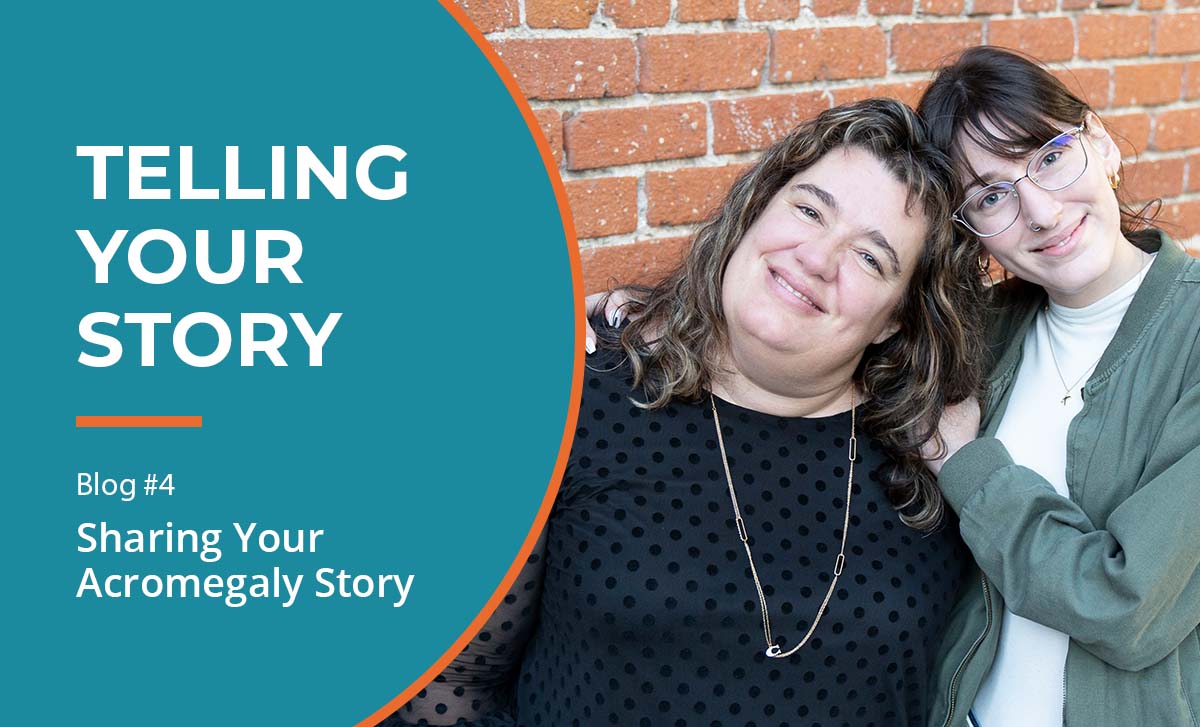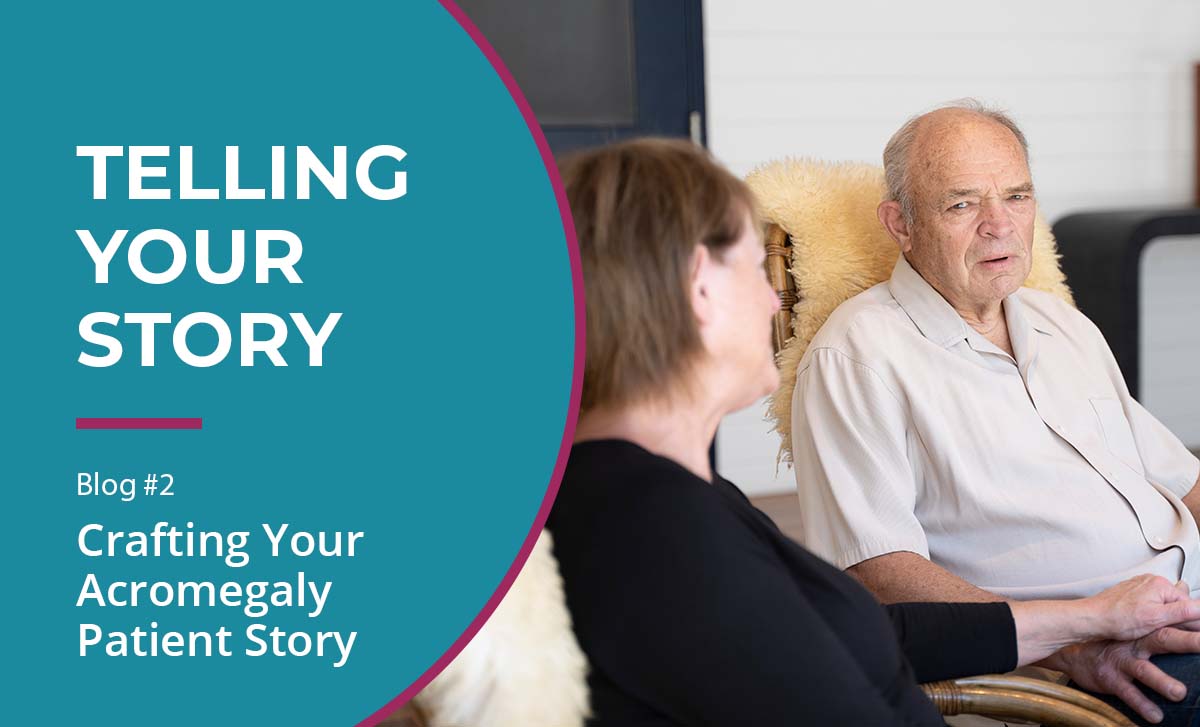Self-help groups can be a wonderful resource for people dealing with rare conditions like Acromegaly.
Below you will find links to self-help and support groups near you that are designed for individuals affected by pituitary disorders endorsed by the Pituitary Network Association (PNA). In addition to this network of support groups, PNA has active Facebook groups for patients and a separate group for spouses and families.
What Is the Difference Between a Self-Help Group and a Support Group?
Self-help groups aim to educate and provide a platform for members to exchange support with their peers. While there may be an educational component, self-help groups are run by patients and are not designed to have input from medical professionals. These groups follow an open forum to allow members the opportunity to discuss issues as they arrive, rather than being directive with structured goals and agendas.
Support Groups differ from self-help groups in that they are run by a mental health professional (i.e., Psychiatrist, Social Worker, Psychologist) and it exists to provide guided support. As with the self-help groups, they have an educational component where members can learn new coping strategies such as problem-solving skills, and adaptation skills.
Self-Help Groups may function autonomously but by definition, support groups, are directed by mental health professionals. Another way to differentiate between these two types of groups is that self-help groups can be held anywhere; support groups are usually held in a medical environment such as a medical office or hospital and due to their inherent therapeutic nature, they are regarded as a form of psychosocial treatment. These distinctions are important as emotionally-charged discussions are best processed with the help of someone with the appropriate training and setting.




